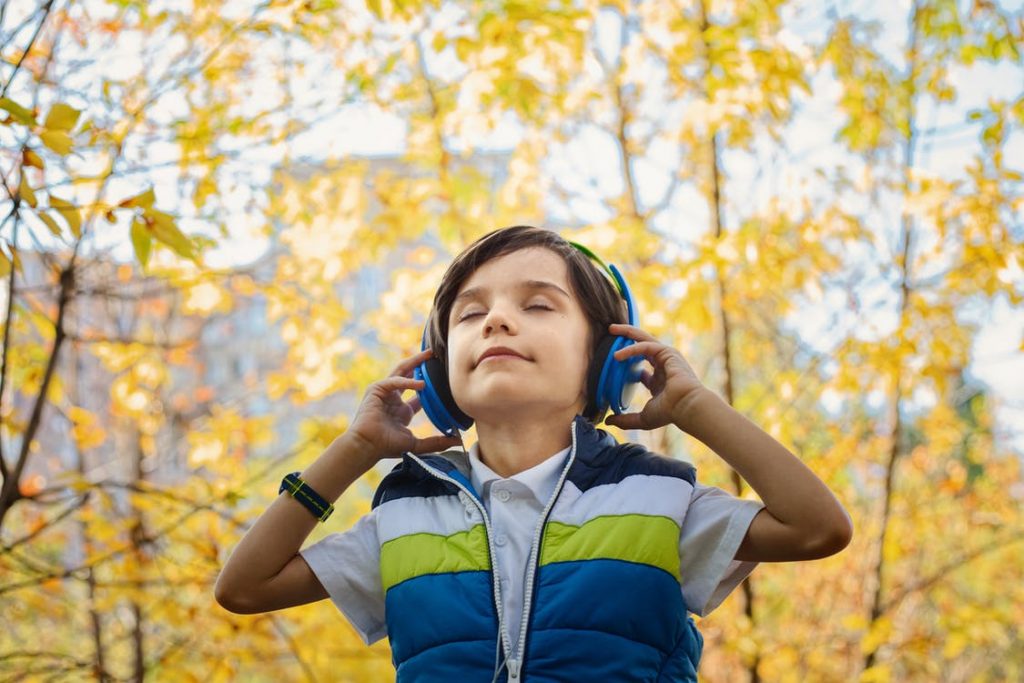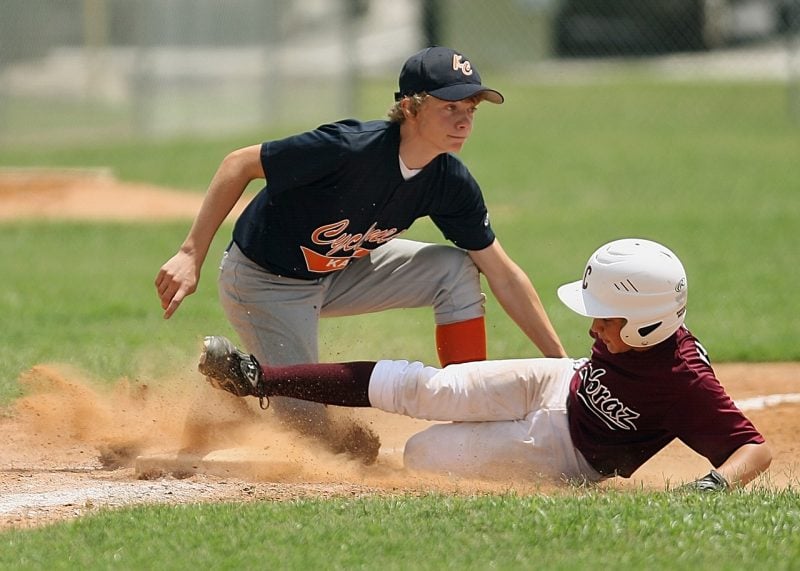ADHD in Teens: Symptoms, Diagnosis, and Treatment
Attention deficit hyperactivity disorder (ADHD) is a neurodevelopmental condition that affects people of all ages. In teens, ADHD can manifest as inattentiveness, hyperactivity, and impulsive behavior. Due to the complex nature of the symptoms, ADHD is often misunderstood, misdiagnosed, or overlooked in teens. If left untreated, ADHD can affect the academic performance, social life, and overall well-being of a teenager. Therefore, it’s crucial to understand the symptoms, diagnosis, and treatment options for ADHD in teens.
Contents
Symptoms of ADHD in Teens
ADHD symptoms in teens can be challenging to identify, as many of them are typical teenage behavior. However, there are several signs that could indicate that a teen has ADHD. These include:
Difficulty concentrating or paying attention to details
Forgetfulness and disorganization
Impulsive behavior and decision making
Difficulty completing tasks or following through with instructions
Hyperactivity, restlessness, and fidgeting
Difficulty controlling emotions, leading to mood swings, irritability, or angry outbursts
Diagnosis of ADHD in Teens
Diagnosing ADHD in teens involves a comprehensive evaluation process incorporating medical, psychological, and academic factors. To determine if a teen has ADHD, doctors may use different assessment tools, such as self-report questionnaires or behavioral checklists. Additionally, the doctor may review the teen’s medical history, conduct a physical exam, and order laboratory tests to rule out underlying health conditions that could be mistaken for ADHD. It’s useful to note that ADHD is a clinical diagnosis and not solely based on observations or test results.
Treatment of ADHD in Teens
Cognitive Behavioral Therapy
Cognitive Behavioral Therapy(GPT) has been shown to be an effective approach to treating ADHD in teens. CBT is a type of talk therapy that aims to change negative thought patterns and behavior by teaching teens how to identify and respond to negative thoughts and feelings. In the case of teens with ADHD, CBT can help by teaching them strategies to manage their symptoms, such as organizational skills or time management.
Medication
Medication is often used as an effective way to manage the symptoms of ADHD in teens. Stimulant medications such as Ritalin or Adderall can help improve a teen’s ability to focus and control impulses. However, medication should only be considered after consulting with a mental health professional, and any potential side effects should be thoroughly discussed with a healthcare provider. Furthermore, you can also make use of nutritional products such as FHS – Focus Supplements For ADD. These are incredibly beneficial for your child, as they can not only help with the main symptoms but provide long-term health benefits too.
Exercise
Exercise can be an effective way to manage symptoms of ADHD in teens. Regular physical activity can increase dopamine levels in the brain, leading to an improved ability to focus and manage impulses. Exercise can also help reduce stress and anxiety, which can worsen ADHD symptoms. It’s important to note that exercise should not be considered a standalone treatment for ADHD but instead should complement other approaches like medication or therapy.
Social Skills Training
ADHD can affect not only academic performance but also social functioning. Teens with ADHD may struggle with social interactions, have difficulty picking up on social cues or struggle with impulse control when it comes to conversations. Social Skills Training can help young people with ADHD learn how to navigate social situations better. Social Skills Training typically involves group therapy sessions, role-playing, and other activities that train teens to be more effective communicators.
Mindfulness
Mindfulness therapy involves teaching teens to manage and accept their thoughts and emotions without judgment. Mindfulness can help teens develop their self-awareness and learn how to respond to their thoughts and feelings, leading to less reactive behaviors. Mindfulness therapy can be a stand-alone treatment for ADHD or complementary to other approaches like Cognitive Behavioral Therapy.
Tips for Parents of Teens with ADHD
Parenting a teenager with ADHD can be challenging, but it’s essential to focus on their strengths and abilities. Here are some tips for parents:
Build a strong relationship with your teen and communicate openly.
Establish a routine that covers meals, homework, and bedtime.
Create a positive and supportive learning environment at home.
Set clear expectations and boundaries.
Encourage regular physical activity, healthy eating, and adequate sleep.
Work with teachers and mental health professionals to develop an individualized education plan (IEP) for your teen.
ADHD in teens can be challenging to diagnose and manage, but early intervention and treatment can make a significant difference in their lives. By understanding the symptoms, diagnosis, and treatment options for ADHD, parents and caregivers can provide the necessary support and resources for their teens. With proper care and guidance, teens with ADHD can lead fulfilling lives and reach their full potential. If you suspect that your teen has ADHD, talk to their pediatrician or a mental health professional for further evaluation and recommendations.




